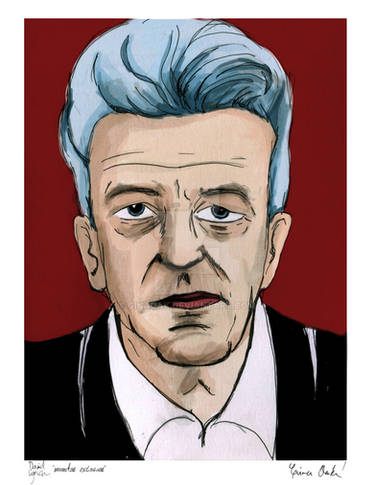
David Lynch: A Cinematic Visionary’s Final Curtain
Early Life and Career
David Keith Lynch was born on January 20, 1946, in Missoula, Montana. As the eldest of three children, he experienced frequent relocations due to his father’s role with the U.S. Department of Agriculture. Lynch once described his childhood as “a very happy, pretty much ideal” time. However, his perspective shifted during his studies at the Pennsylvania Academy of the Fine Arts in the 1960s. Living in a crime-ridden neighborhood of Philadelphia with his wife and young daughter, Lynch found this environment profoundly influential, later inspiring his debut feature film, “Eraserhead” (1977).
Breakthrough and Acclaimed Works
Following the cult success of “Eraserhead,” Lynch directed “The Elephant Man” (1980), a poignant portrayal of a severely deformed man in Victorian London. The film garnered eight Academy Award nominations, propelling Lynch into mainstream recognition. Despite the commercial failure of his subsequent project, the science fiction epic “Dune” (1984), Lynch rebounded with “Blue Velvet” (1986). This film delved into the dark underbelly of small-town America and is often regarded as his masterpiece. Critic Dave Kehr of The Chicago Tribune noted that “Blue Velvet” represented “something that has never been seen before and, in all likelihood, will never be seen again.”
Television and Later Projects
In 1990, Lynch co-created the groundbreaking television series “Twin Peaks” with Mark Frost. The show’s unique blend of mystery and surrealism captivated audiences and earned critical acclaim, including an Emmy Award. It experienced a revival in 2017, further cementing its cultural impact. Lynch’s 2001 film, “Mulholland Drive,” began as a television pilot but evolved into a feature film after network rejection. In 2016, a BBC poll of 177 critics worldwide named it the best film of the 21st century.
Health Challenges and Passing
A lifelong smoker, Lynch was diagnosed with emphysema in 2020, which significantly limited his mobility and ability to work. In August 2024, he revealed to Sight and Sound that he had become housebound due to health risks, stating that this condition would likely prevent him from directing new projects. Despite quitting smoking in 2022, he relied on supplemental oxygen for daily activities. In January 2025, Lynch was evacuated from his Los Angeles home due to the Southern California wildfires. These events preceded a terminal decline in his health, leading to his passing at his daughter’s home on January 15, 2025, at the age of 78.
Legacy and Tributes
Following his death, numerous figures in the film industry paid tribute to Lynch’s profound influence. Steven Spielberg, who cast Lynch as John Ford in “The Fabelmans,” remarked, “The world is going to miss such an original and unique voice.” Martin Scorsese stated, “He put images on the screen unlike anything that I or anybody else had ever seen.” Collaborators like Kyle MacLachlan and Naomi Watts also expressed their admiration and sorrow. Critic Peter Bradshaw of The Guardian eulogized Lynch as “the great American surrealist.”




